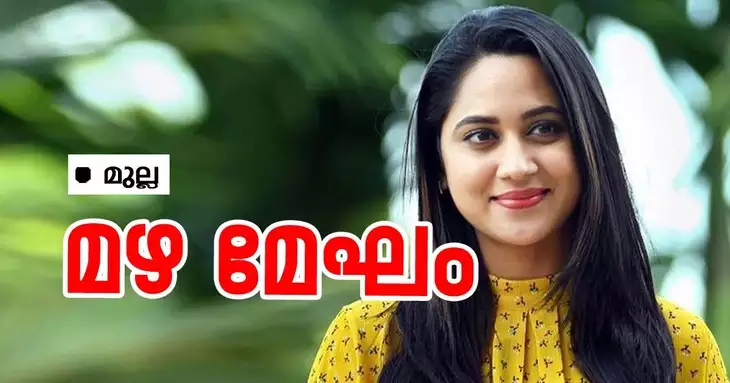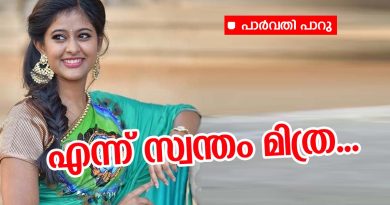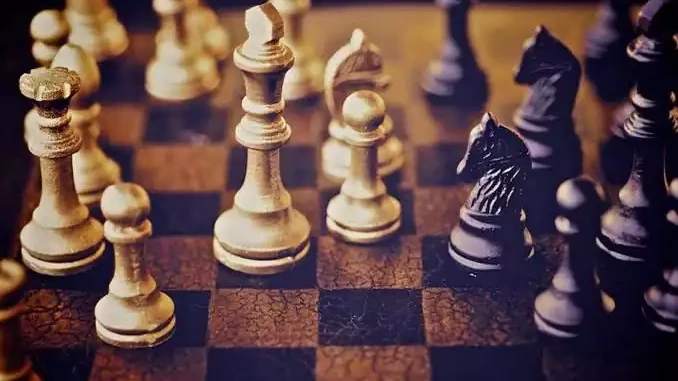Pakistani marriage customs
A Pakistani marriage is more than just a plain festival; it is an elaborate and lovely event of the union between two souls and their families. Weddings are always special events in any household. After Pakistan gained its independence in 1947, classic Indian festivals and more modern practices were combined to form the Pakistani wedding tradition.
One of the main celebrations at a Pakistani marriage is the Barat, or couple’s entry, which is accompanied by lavish music and dances. The bride wears a gorgeous Anarkali saree, and the groom is customarily dressed in herwani. As it is a time for celebration and happiness, the groom’s complete community joyfully welcomes his bride.
Following the Barat is the Nikah ( nikh a ) ceremony, in which the couple signs the marriage contract in front of friends and family. A listed Muslim preacher or Imam had conduct the Nikah, a somber and spiritual ritual.
Another significant occasion is the Dastar Bandi ( dstr bndy ), in which the groom’s family recognizes him as a man by placing turbans on his head. In the weeks of Rabi el-akhar, Rajab, Shaaban, and Muharram, this meeting is typically performed by the vicar’s household mothers and takes place on the first Monday, Wednesday, or Thursday.
The wedding participates in the Mayun festival, which is incredibly lovely. Her female friends and family surround her as they apply ubtan or haldi to her fingers, toes, and mouth. This is a symbolic way for the wedding to wish herself luck in the future.

Another custom is that the bride’s parents gives her to her pakistani mail order bride husband using the Quran as a sacred text to wish them both the best in the future. The Rukhsati is a very tickling and mental time for the bride’s parents, but it also signifies that they have done their part as relatives and that their child is then prepared to start her own family.
The vicar’s family hosts the Walima, also known as the greeting, which is a beautiful event. The meal is excellent, and the visitors are welcomed with open arms. This is the last day of a Pakistani wedding, and everyone rejoices and celebrates the brides’ joy. The visitors savor the food, beverages, and dancing with the newlyweds. Along with playing sports and singing songs together, they likewise play dholaks, which are musical instruments that resemble drums in the shape of barrels. Additionally, the visitors offer untuk electronic khair, a prayer for the happy relationship of the bride and groom.


